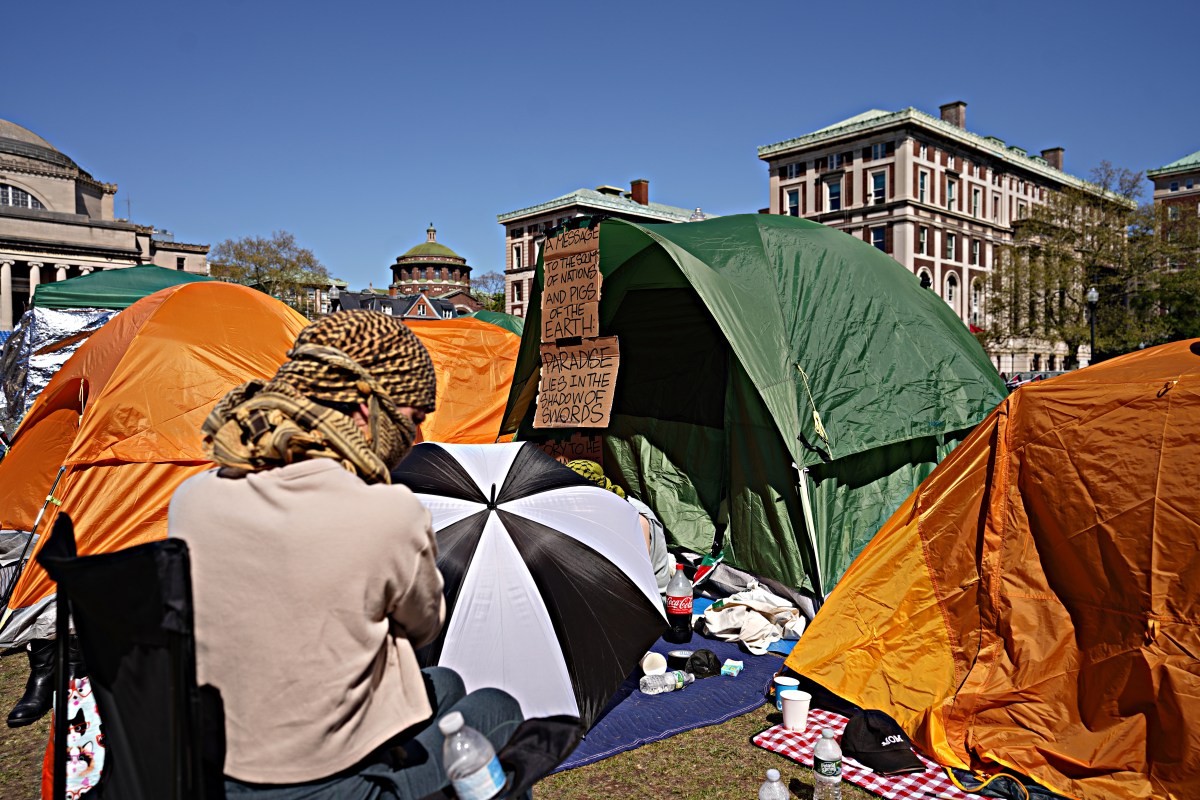Early childhood vulnerability isn’t just a problem in Vancouver’s poorest neighbourhoods, it’s a city-wide issue, suggests research from the UBC-led Human Early Learning Partnership.
Its data indicates that one in three Vancouver children are “developmentally vulnerable” — meaning they lack the social, physical or cognitive skills to keep pace with their peers — when they enter kindergarten.
“We know that when we have this high a rate of vulnerability, it leads into results we don’t want to have in terms of criminal activity, in terms of being ready to thrive in the labour market … or post-secondary education,” said Dr. Paul Kershaw, assistant professor in interdisciplinary studies at UBC.
Early vulnerability, he said, is preventable.
Poverty attributes for some of the results, but Kershaw pointed out that many vulnerable children are from middle-class homes.
The districts of West Vancouver and North Vancouver have two of the lowest vulnerability rates — 20.8 and 22.7 per cent, respectively — in Metro Vancouver.
Meanwhile, the Downtown Eastside and South Vancouver reported vulnerability rates of 46.5 and 42.9 per cent.
Kershaw said B.C. and the rest of Canada need to make early childhood development a priority and support policies that help parents raise their children.
“This is absolutely something people should be concerned about, and I worry, in fact, that the province is asleep at the wheel as we let three times as many kids be vulnerable as really, biologically speaking, there need to be.”















